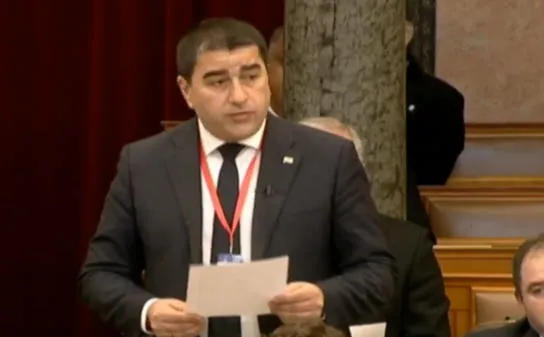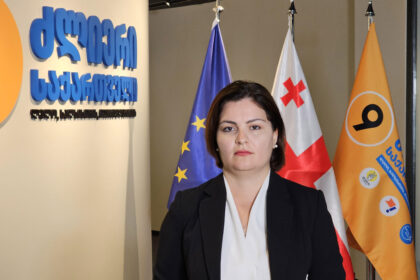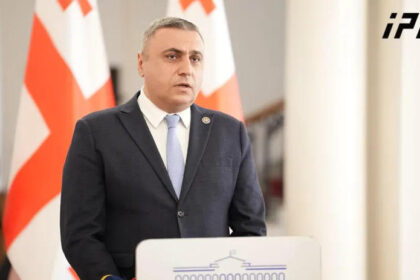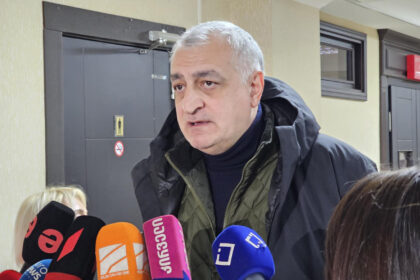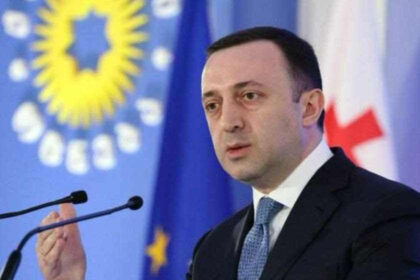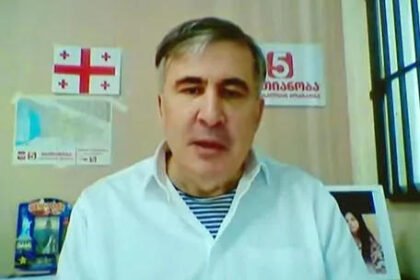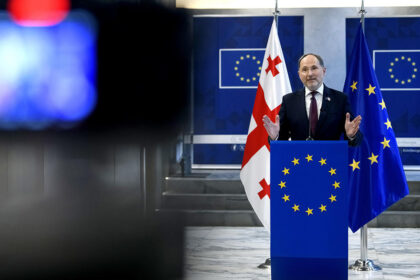**Cultural Identity Takes Center Stage in European Union’s Future**
The Speaker of the Parliament of Georgia, Shalva Papuashvili, recently emphasized the importance of cultural identity in shaping the future of the European Union. In a speech at a conference in Budapest, he noted that while other regions are surpassing Europe economically and expanding their military capabilities, the continent’s response must be rooted in its shared heritage, values, and vision for the future.
Papuashvili stressed that Europe’s debate about its future should be a two-way dialogue, not a one-sided preaching of values. Unfortunately, he said, this is often not the case with certain EU member states and institutions approaching some member or candidate countries. The approach implies that these countries must first become “true Europeans” according to standards that are inherently debatable.
A striking observation made by Papuashvili was the existence of a hierarchy of “Europeanness” within the EU. No one should have a monopoly on this matter, he said. This commentary highlights the need for the EU to listen to and include all member states, regardless of their age or history, in its decision-making process.
**Georgia’s Perspective**
Papuashvili also drew attention to Georgia’s own unique cultural identity and historical context. The country gained formal independence in 1991 but has a centuries-long history of national governance and a rich culture that spans millennia. Its parliamentarism dates back to the time of the Magna Carta, making it a co-creator of modern democratic Europe.
In highlighting Georgia’s achievements, Papuashvili emphasized that EU membership is not about joining an exclusive club but rather a long-overdue reunification. This perspective underscores the importance of recognizing and valuing the cultural diversity within the EU.
**Commentary**
Papuashvili’s speech offers a timely reminder that the European Union must listen to all its member states, regardless of their age or history. By embracing this approach, the EU can create a more inclusive environment where every country feels valued and has an equal say in shaping the continent’s future.
As Papuashvili noted, Europe has always evolved, and its current institutional form is not representative of its entirety. The European Union must continue to adapt and include all member states in its decision-making process. By doing so, it can create a more vibrant and diverse community that values cultural identity and promotes unity among its member countries.
Read More @ www.interpressnews.ge




